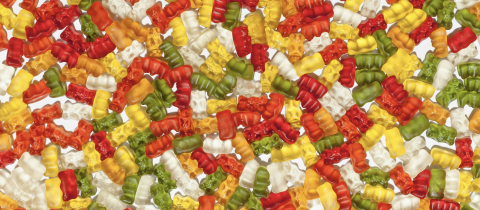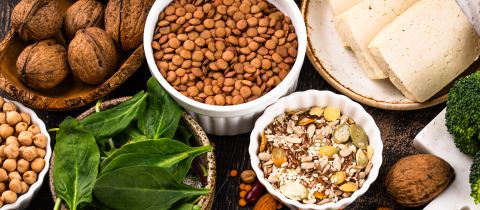There is lots of bluster on the Internet about "acidic" and "alkaline" foods usually based on some story that cancer cells can only survive in an acid environment and it is therefore advisable to eat "alkaline foods" and drink “alkaline water.” The fact is that the only body fluid that can change its pH, or level of acidity, in any significant way in response to food intake is the urine. “Alkaline” water consumption has no effect at all. Of course this may not be the impression you get by watching infomercials on late night TV or cruising the web. You'll get the idea that various diseases are caused by "acidic blood" and you'll be pointed towards devices that manufacture alkaline water to neutralize the excess acid. This is total nonsense. Drinking alkaline water does not change the pH of the blood. The blood is a buffer system, meaning that the pH is maintained at about 7.4 with very little variation. Indeed, a drop or elevation of 0.4 units is a potentially lethal condition. Any excess base in the blood is quickly neutralized by carbonic acid which is generated by inhaling carbon dioxide and excess acid is neutralized by the release of calcium from bones.
It is true that certain foods can have an acid or alkaline residue as determined by burning the food to an ash. This basically is a function of the mineral content of the food. The presence of calcium, for example, leads to an alkaline residue whereas sulphur, found extensively in proteins, renders the food acidic. That's because sulphur is oxidized and becomes sulfuric acid. Such basicity or acidity has no relevance to the blood, which is buffered, but can alter the pH of the urine. Minerals are eliminated from the body through the urine which is not a buffered system. Chlorine, phosphorous and sulphur in food lead to acidic residue. Breads, cereals, eggs, fish, meat and poultry fall into this category. Contrary to what people may think, citric acid does not fall into the acid category. It is completely metabolized by the body. On the other hand, cranberries do contain an acid that is not metabolized and passes into the urine. When is such knowledge of any importance? When someone suffers from kidney stones composed of calcium and magnesium phosphates, carbonates or oxalates which are formed under alkaline conditions, a diet resulting in an acid urine may help since these salts dissolve under acidic conditions. Uric acid and cystine stones are formed under acidic conditions and an alkaline residue diet is preferred. Most fruits and vegetables produce an alkaline ash but corn and lentils are acid forming. None of these problems can be solved by drinking alkaline water. Machines which claim to generate water to treat disease by changing the acidity of the blood are a total scam.







